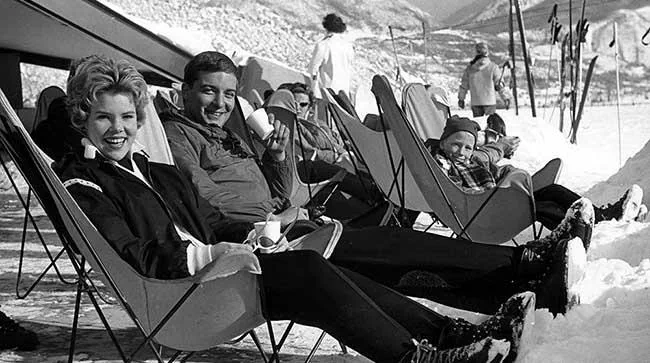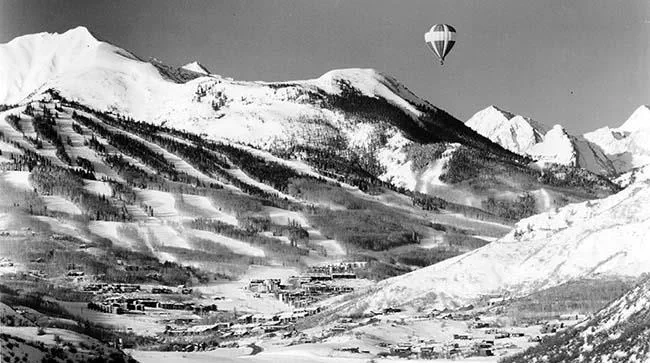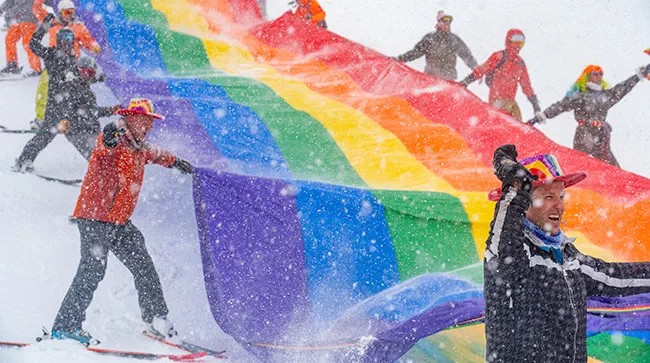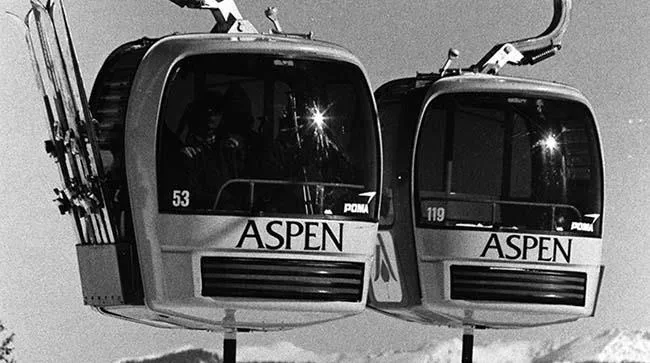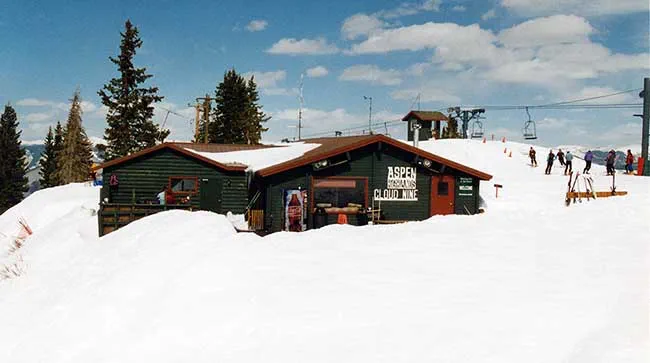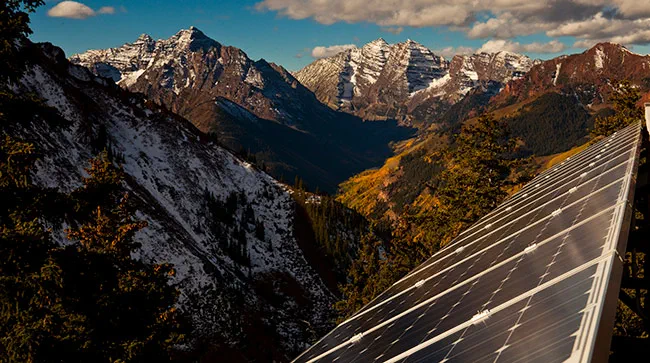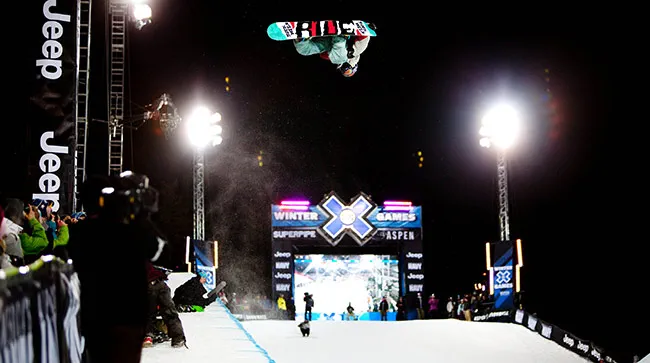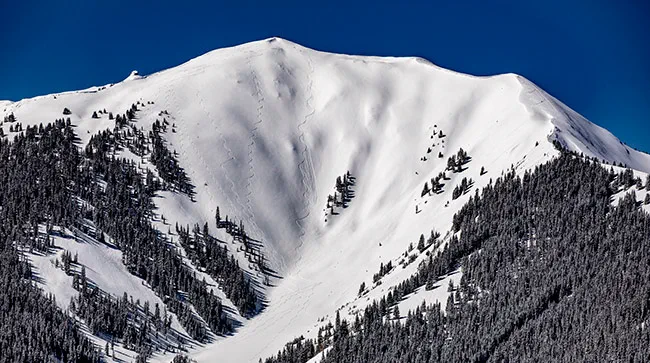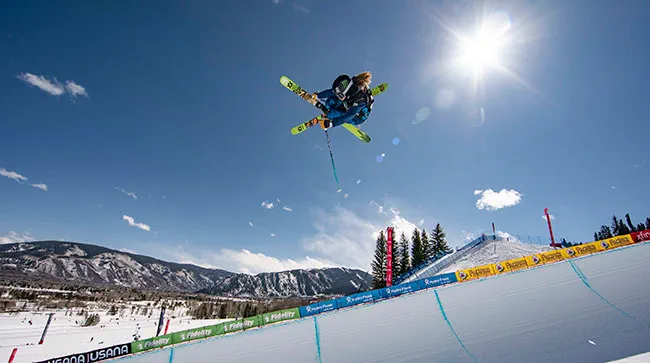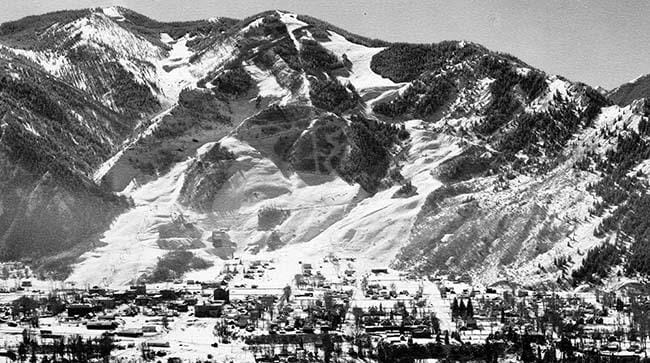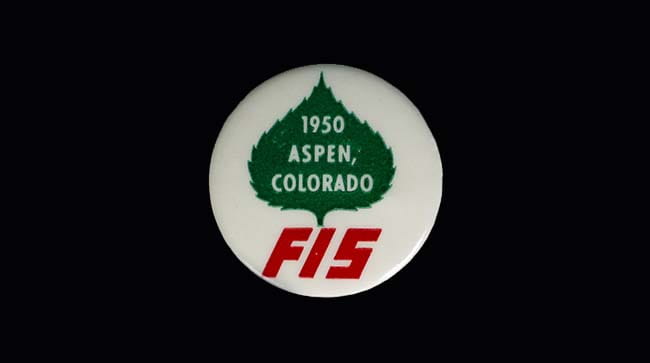Celebrating Our 75th Anniversary Season

During the 1946-1947 winter season, Aspen Mountain opened with the debut of Lift-1—the world’s longest chairlift at the time. Though many had been skiing down Aspen’s snow-covered slopes for years, Aspen Mountain’s official commencement was January 11, 1947, when the Governor popped and sprayed champagne at the base of the lift, and the first fast laps began, descending into the heart of downtown just as they do today.
Join us in counting down to our 75th anniversary, as we turn down a trail of memorable moments celebrating the values, people and good times that have defined our past and will shape our future. Here’s to 75 years of creating possibilities.
Join us in counting down to our 75th anniversary, as we turn down a trail of memorable moments celebrating the values, people and good times that have defined our past and will shape our future. Here’s to 75 years of creating possibilities.


Aspen Snowmass 75th Anniversary
Celebrating seven and a half decades of people, place, and ski town passion.
75 Years of Our History

A Toast to 75 Years | The Aspen 75 Cocktail
At 75-years-young, we’ve mastered the art of celebrating, and we invite you to join us. Toast to our 75th anniversary all season long with the Aspen 75 cocktail (a spin-off of the original French 75), available for $7.50 in all on-mountain restaurants. Cheers to 75!
At 75-years-young, we’ve mastered the art of celebrating, and we invite you to join us. Toast to our 75th anniversary all season long with the Aspen 75 cocktail (a spin-off of the original French 75), available for $7.50 in all on-mountain restaurants. Cheers to 75!
